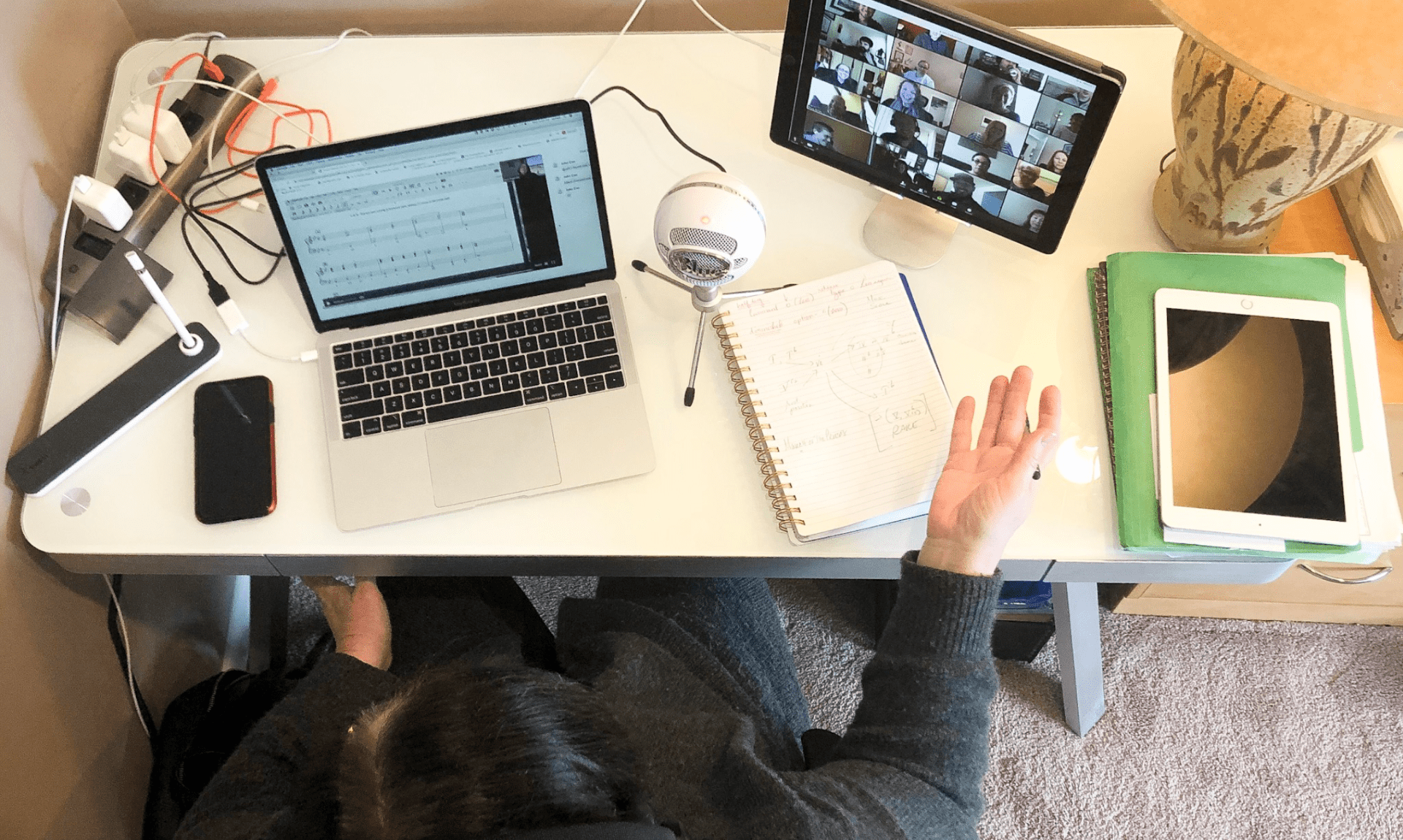As a fourth year composer in Northwestern’s Bienen School of Music, I have spent the past three academic years exploring, learning about, and refining my creative voice. I have always been fascinated by the addition of theater to the classical music experience, which helps explain my love for opera, chamber opera, and music ensemble theatrical works (including the likes of Steven Kazuo Tagasaki’s Sideshow, David T. Little’s Dog Days, and Chaya Czernowin’s Pnima). As a first year at Northwestern, I spent the majority of my time in private lessons studying film scores. Initially, these studies were meant to help build my tune-writing and melodic skill-sets, however, it quickly turned into much more.
For context, the tune is a melody that is recognizable and generally repeats throughout a medium of entertainment. You can think about the tune like theme music, and when used at the climax of a story’s plot, it is a way to universally signify to the audience something important is happening. I was inspired by the power a tune could have as a compositional technique, and I was (and still am!) interested in how it evokes the central themes of movies in very explicit and subtle ways. My ability by the end of my first year to write what I deem a “good” tune drastically influenced my creative voice and my ability to connect with an audience.
The power the tune holds guided my compositions throughout my second and third years at Northwestern. My three composition professors were able to demonstrate many ways to use the tune, furthering my curiosity to use the compositional tool in my own works. In turn, I navigated a new brand to my composition portfolio, and a new compositional voice.
The tune demonstrated itself most powerfully during the COVID-19 pandemic. I was approached by a peer in the Radio, Television, and Film (RTVF) department at the beginning of my third year to score her honors thesis film for her graduation. Elated by this prospective opportunity, I agreed to this collaboration, never having expected this to occur during the COVID-19 pandemic. Suddenly my life was completely virtual, and I found myself away from my musical classroom experience and music technology resources. I felt lost by the ability to not work side-by-side with my friend and movie director, my composition professor, and my composition peers during such a large project.
However, the tune held true to its power in composition, and my learned knowledge of the tune guided me through the success of what is now my score. The director and I collaborated over FaceTime multiple times a week, discussing themes of the script, visuals, and what the director was hearing in her mind for the score. Together, we pulled examples and created a mock-up for the score to be reimagined through my compositions. All along, I used the idea of a tune to ground our many ideas, especially in a time where working together and creating cohesive “game plans” are much more tricky. I leaned on the power of the tune to create cohesiveness throughout the score, tying together the imagined sonic world of the director, my compositional style, and the necessary music needed to complete the movie.
This scoring opportunity gave me creative license to expand my knowledge of theatrical composition, implementing one of my favorite core aspects of composition in a new powerful way. The opportunities Northwestern has provided me— my studies, the connections I have built with my peers and professors, and the professional-leaning extracurriculars— have allowed me to explore my passions and further develop my skill sets. As I embark on my fourth and final year at Northwestern, I plan on scoring at least one other film, and writing my first solo chamber opera to be performed during my senior recital. The confidence to do so would not exist without the foundations taught to me by my professors that could allow me to be successful in independent ventures.

Your story is fantastic. As a prospective transfer, and a college student that gave up my major in composition so I could focus solely on anthropology, are you getting a dual degree or a dual major?
Love to see that creativity prospers on campus despite the pandemic! 🙂